
In a fashion landscape where less is very rarely more, one Singapore label is quietly going against the flow with its take on slow fashion – with a Japanese twist.
Clothing label Biro was founded by brothers Kenghow and Kage Chong, who have an almost obsessive love for rare, premium textiles handmade in Japan.
Launched in 2013, the brand features a tightly curated collection of Japan-made utilitarian apparel, including denim jeans, shirts, tees and jackets.
The pieces may seem all too basic at first glance, but a closer study of the fabric reveals the true value of each item.
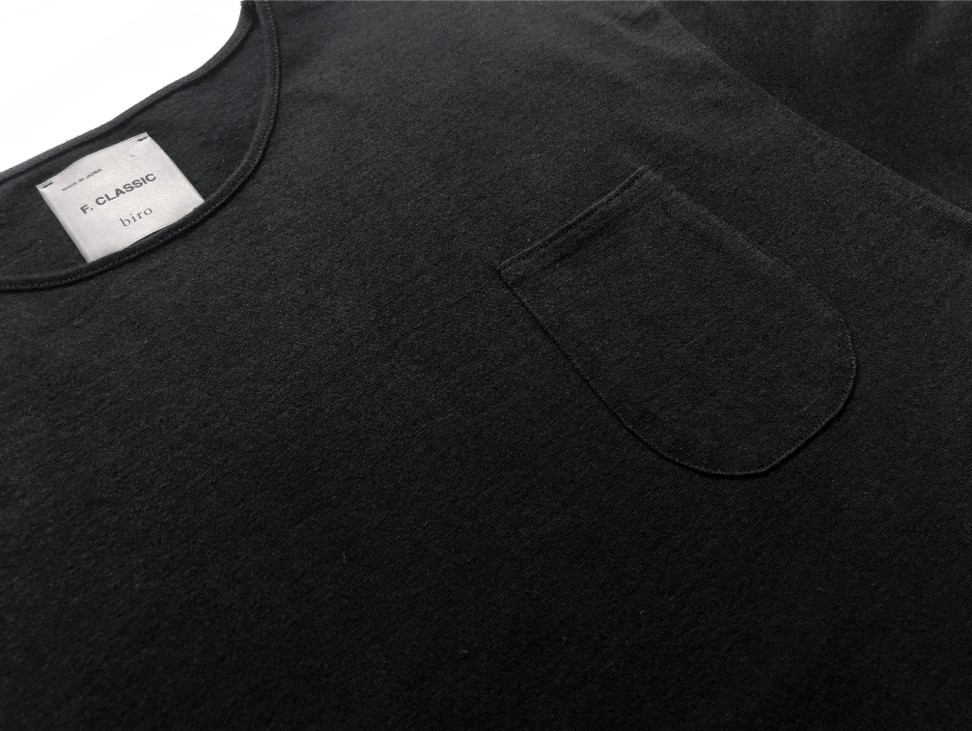
The denim material, a keystone of the brand, comes from Okayama in Japan, which the older Chong brother, Kenghow, 38, dubs the “mecca of denim”. The textiles are rope-dyed in a tedious process to produce the distinct fading that is so coveted in raw denim, he explains.
“We source for exceptional and unusual fabrics that are not used in the mass fashion market,” he says. “We like the soulfulness and human attachment that goes with each product.”
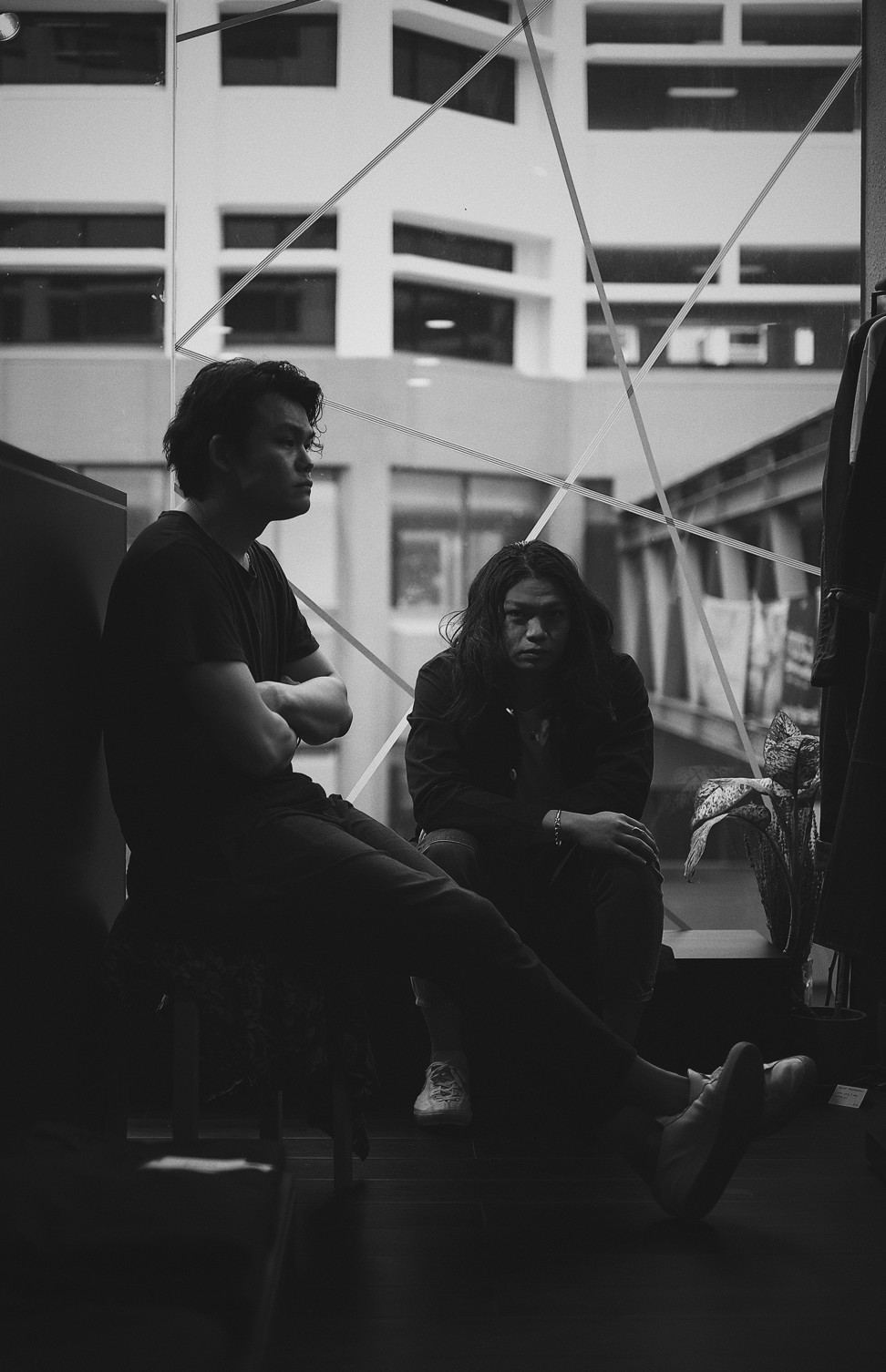
The brand’s latest range is F.Classic, a collection of unisex basics including T-shirts, sweatpants and outerwear. The pieces are made from one of the rarest fabrics in the world: Tsuri Ami cotton.
The cotton is made on a loopwheel knitting machine that was originally developed in Italy and perfected in Japan in the early 1920s. It requires a skilled craftsman to hand-set over 1,000 needles, and the cotton can only be produced at a rate of one metre per hour, compared to a regular machine’s rate of 24 metres per hour. There are only two or three factories left, in the city of Wakayama, that still manufacture this rare fabric.
“Because of the way it is knitted, there is no tension in the material and the weave is looser and softer yet denser,” says Kenghow Chong, adding that it took the duo a year to complete the development and design of the range.
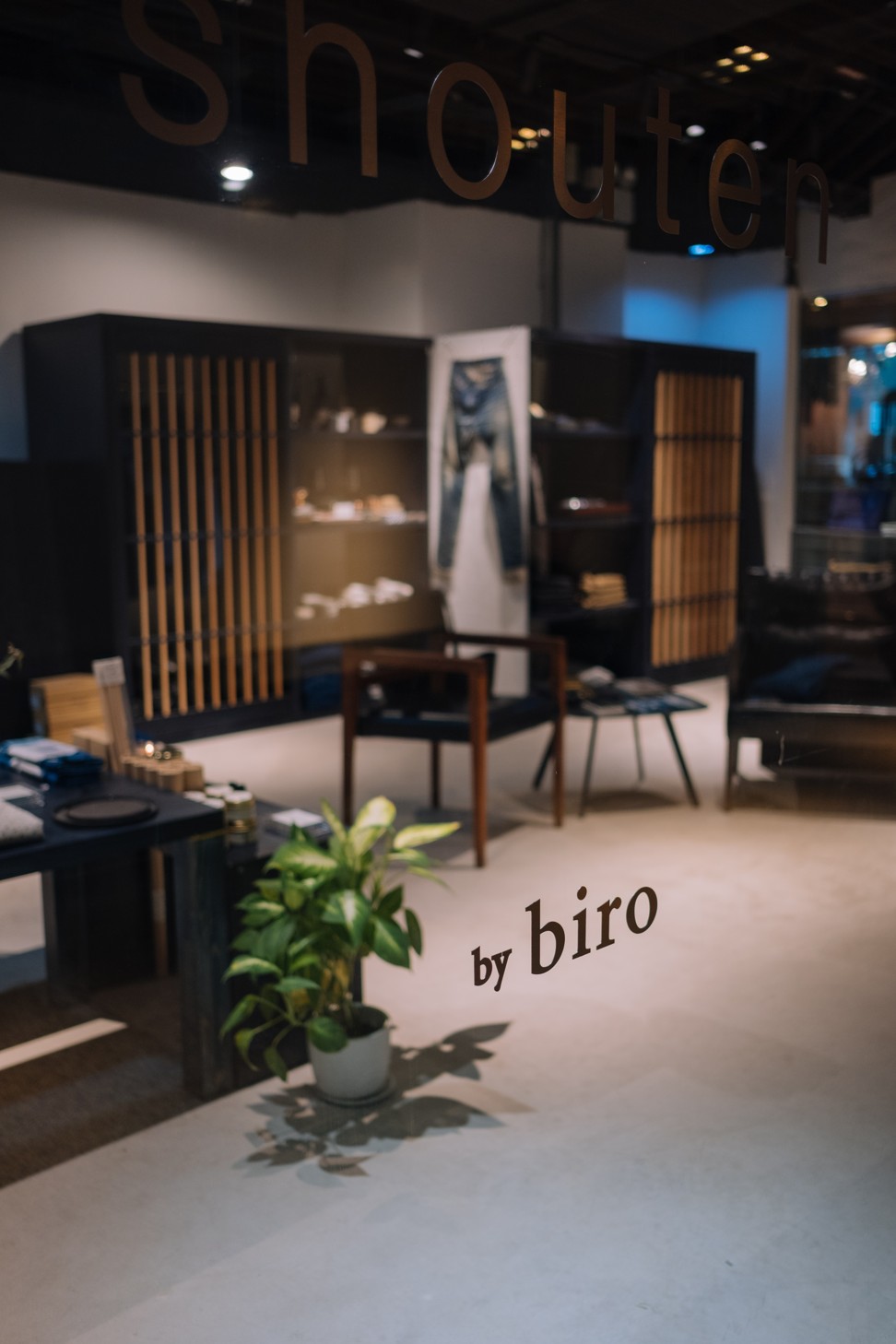
Their love for Japanese craftsmanship dates back to their childhood days, when their father used to travel for business trips. He would bring back interesting items from Japan, like mini discs, before they were launched elsewhere that captured the imagination of the brothers.
Years later, when they decided they wanted to launch a clothing label, their market research for suitable factories took them to China and Indonesia, but they were dissatisfied with the quality of the samples.
“My brother [Kage] collects a lot of Japanese linen and jeans and is very into the details and craftsmanship of the garments,” says Kenghow Chong. “So when we could not get satisfactory results, we decided to try Japan. We knew making garments in Japan would be expensive, but the results were what we envisioned.”
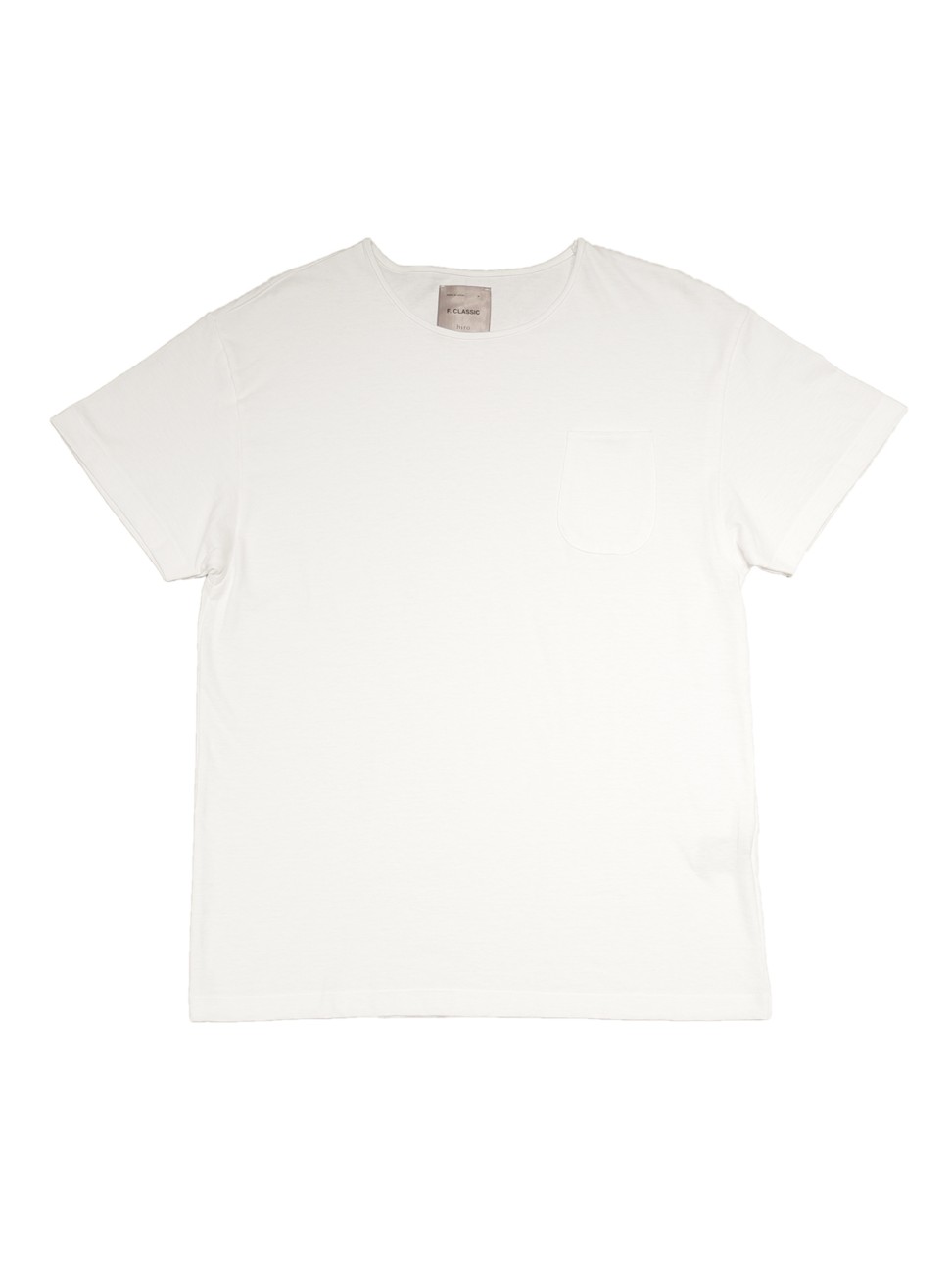
It took them three years of research and development and a laborious process of trial and error, while overcoming language differences in Japan, before they were finally ready to launch Biro, a rare label outside Japan that places such an emphasis on the country’s rich heritage of craftsmanship.
Today, the brothers split the job responsibilities. Kenghow focuses on business development and marketing, while Kage is based in Japan to focus on sourcing and production.
At the launch party for their new range at their multi-label store Shouten by Biro, the brand’s devotees, who include a mix of artists, creatives and fashion media, gathered to check out the apparel over highball whiskeys and a live painting session by street artist Dee Jae Paeste.
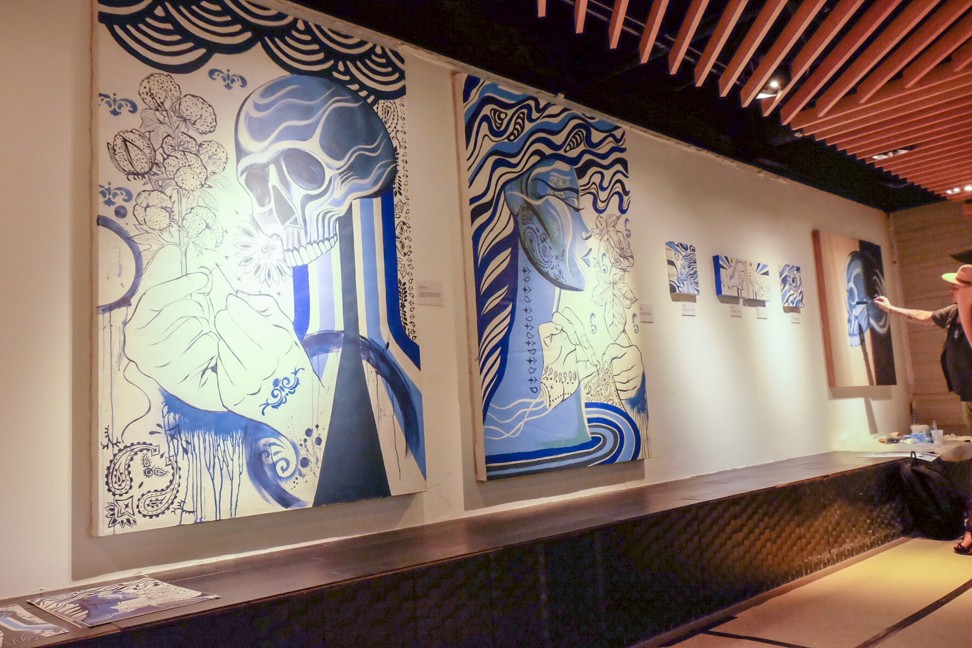
Shouten, which means shop in Japanese, also stocks a selection of unique lifestyle products sourced from Japan and other parts of the world that have a similar artisanal focus.
The brothers are bucking the retail trend of relying on online portals to drum up business. Instead, Kenghow Chong says having a physical shop has been a boon for the brand.
“Men’s fashion in Singapore is difficult – there isn’t enough demand,” he says. “Having a physical store has contributed a lot to the branding and allows us to showcase our products so people can feel and understand what Biro is about.”
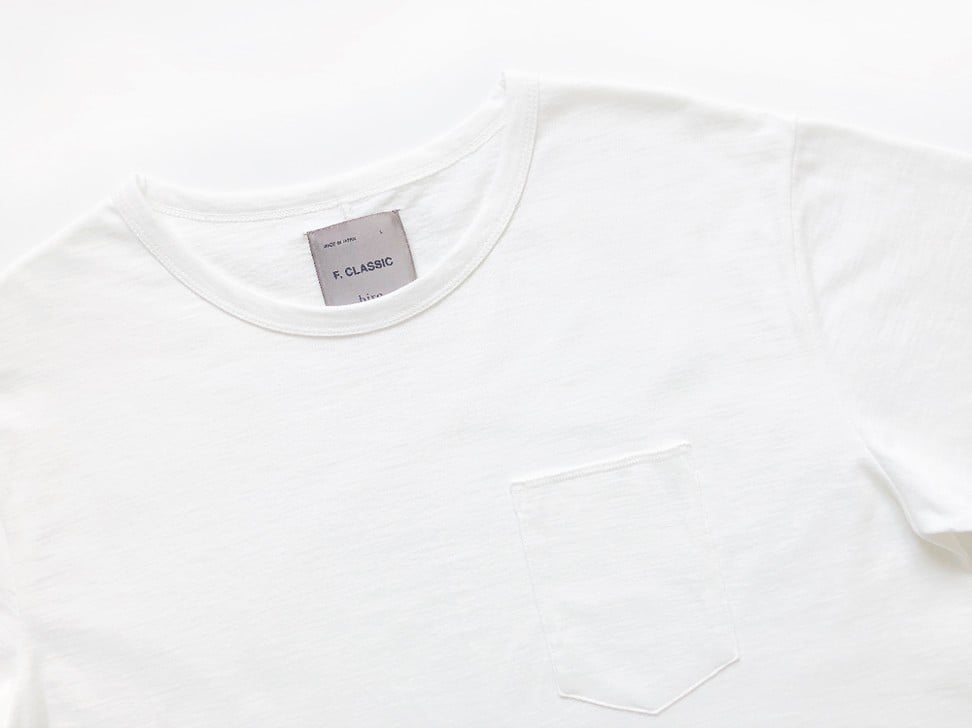
He views the space as a way to nurture a group of slow-fashion aficionados in Singapore and plans to hold monthly events such as trunk shows to introduce unique wares to the local market. Up next is a diffusion line that is more experimental and will feature collaborations with other designers.
“The idea is to cultivate an appreciation for the finer things that we would like to introduce to a more discerning community,” he says.







